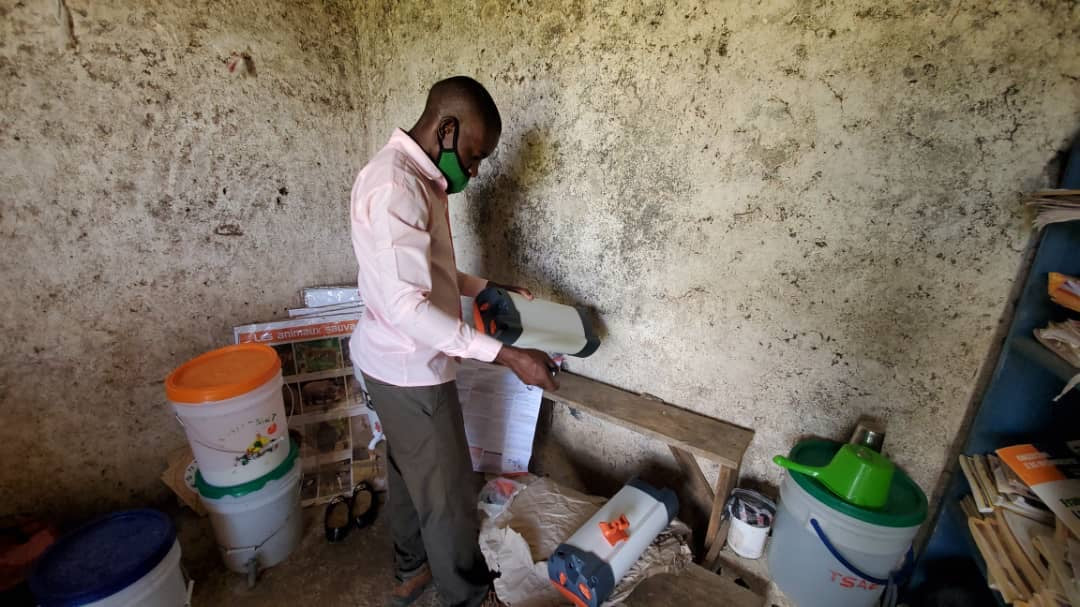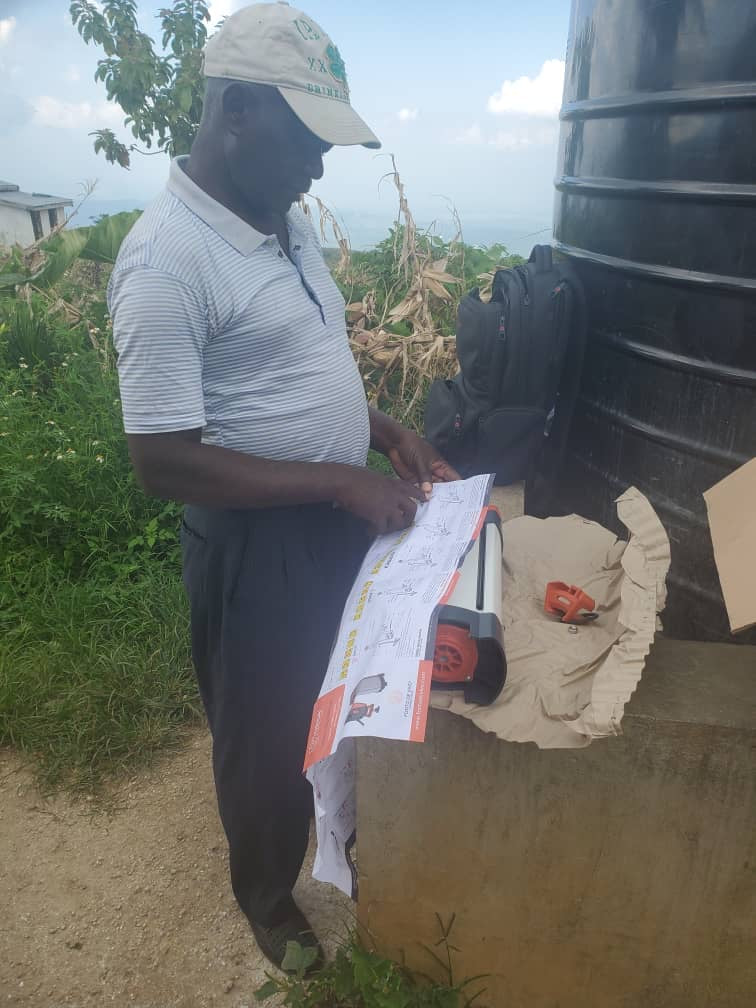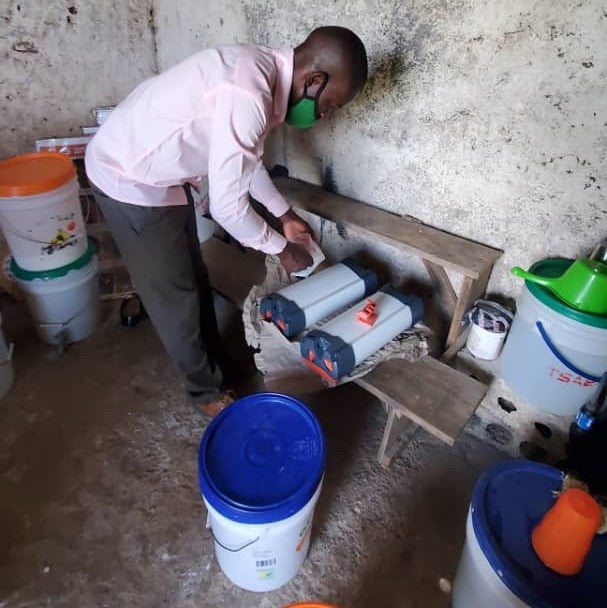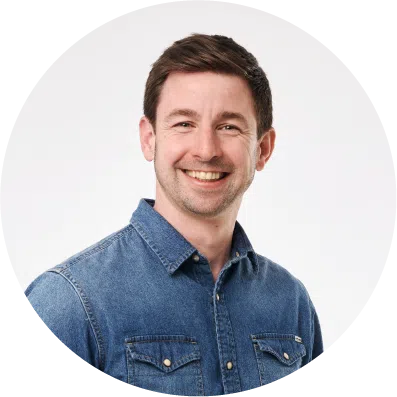
Access to drinking water in Haiti: a challenge for rural areas
A gradual deterioration in Haiti's sanitation services
Access to drinking water and sanitation services in rural Haiti continues to deteriorate. In 2020, only 43% of the rural population had access to a basic drinking water supply, compared with 48% in 2015 and 50% in 1990.
In Haiti, access to drinking water remains a major challenge, particularly in rural areas where infrastructure is inadequate and water resources unevenly distributed. In the 5th and 6th rural sections of the municipality of Verrettes, located in the Chaîne des Matheux, residents often have to walk several hours a day to access water sources of uncertain quality. This problem particularly affects women and children, who have to carry out these chores, to the detriment of their education and quality of life. Faced with these challenges, the association Un Enfant par la Main (UEPLM) has set up a project to improve access to water and sanitation in this region by building cisterns to collect rainwater. It is in this context that Fonto de vivo has deployed 10 ORISA® water purifiers in Haiti, financed by Capgemini. To find out more about UEPLM's actions in Haiti: https://www.unenfantparlamain.org/pays/actions-humanitaires-haiti/

Access to water and selection of ORISA® beneficiaries
For people living in rural areas, rainwater is the main source of supply, thanks to the cisterns provided. The average daily amount of water collected is 114 litres for schools and 26 litres for families, and is stored in bokits or jerry cans with a capacity of around 20 litres. To ensure the quality of the water, all users treat it with chlorination to protect against bacteria. However, they would like to use an additional treatment method.
In August 2020, ORISA® water purifiers were delivered to the Chaîne des Matheux in Haiti. Prior to their deployment, the Un Enfant par la Main teams took the time to familiarise themselves with the operation of the ORISA® filters. In September, the purifiers were handed over to four partner schools with 1,448 pupils and two beneficiary families of 6 and 8 people, making a total of 1,462 beneficiaries. Each family received an ORISA® water purifier, and each school received two. Distribution went smoothly, and initial feedback from interviews was largely positive.
©UEPLM - Reading the ORISA® leaflet
The benefits of using the ORISA® water purifier
To obtain feedback on the use and understanding of the water purifier by beneficiaries, 4 school headmasters and 2 families answered Un Enfant par la Main's questions.
Of the 6 people questioned, 4 said that installation and cleaning were easy for them. All were convinced by the ORISA® water purifier's ease of use and found the instructions for maintenance clear. One of the satisfactions of the UEPLM team is the overall success of the purifier's cleaning and safety test. What's more, all users are keen to continue using it, and most feel that children can also use it because it's so easy to use.
No operating problems have been reported, and the purified water is mainly used for drinking and cooking. The positive points of ORISA® include the improvement in the appearance and taste of the water, as well as its beneficial impact on health, according to 80% of those questioned. What's more, thanks to UEPLM's awareness-raising activities, people's hygiene habits have improved, and they wash their hands more often.
-

©UEPLM - Filtration in a school
-

©UEPLM - Filtration in a school
-

©UEPLM - Filtration in a school

Additional deployment
The project run by Un Enfant par la Main was a success, as demonstrated by the adoption of ORISA® water filters by users, despite their regrets about the time needed to filter the water. Despite this constraint, 8 additional purifiers were distributed to families equipped with rainwater harvesting tanks, giving a greater number of people access to safe drinking water in this remote region of the country.
©UEPLM - 2 ORISA® purifiers distributed to a school
About Un Enfant par la Main
Un Enfant par la Main (UEPLM) is an international solidarity association founded in 1990.
It works for disadvantaged children to help them become independent, responsible adults. Its large-scale humanitarian action covers 18 countries in Africa, the Americas and Asia. Its activities focus on education, health, nutrition, access to water and agricultural and economic development.
To support Un Enfant par la Main, you can make a donation in just a few clicks on their website

‘Access to water remains a major problem. We bring autonomy to people whether they are in emergency or humanitarian development situations.’
David Monnier, former humanitarian, Chairman and co-founder of Fonto de vivo, your point of contact for humanitarian programmes dedicated to access to clean water.

‘Adapting filtration technologies and making them affordable for everyone's use, to meet the social and ecological challenges of our time.’
Anthony Cailleau, French representative for projects in Colombia, Managing Director and co-founder of Fonto de vivo, contact for development aid and international cooperation.





